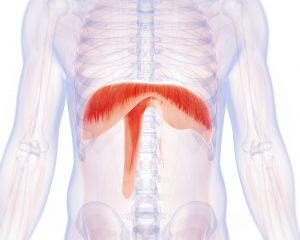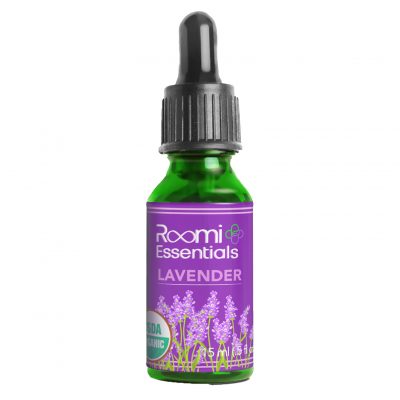Decompressing the Limbic System with Aromatherapy
Many people do not realize the power that fragrance and scent can have on the body, emotional pathways, and the brain’s functionality. Any smell that is breathed in has an affect on the limbic system, which makes up a large part of our overall brain structure. This complex system is directly linked to memories, emotions, stress, and translating sensory data into behavior. It is also responsible for the recording of memories, associating memories with feelings, and creating new information pathways.
Aromatherapy uses aromatic plant oils, including essential oils, to help alter mood and improve psychological and physical wellbeing. This means that using aromatic essential oils can help in decompressing and strengthening the limbic system, leading to a restored sense of calm, increased relaxation and a reset of emotions.
What is the limbic system?
To understand the complexities of the limbic system, it can be broken down into its main components.
The olfactory bulb is the part of the brain responsible for olfaction (the perception of smell). This happens when fragrant molecules enter the nasal cavity and interact with olfactory receptors. When these receptors are stimulated, information is captured and transmitted to the other parts of the limbic system.
The hypothalamus brings the body into homeostasis. This means it works to return the body to a balanced state by regulating hunger, thirst, and pleasure/pain responses. It also plays a role in managing blood pressure, heart rate, sleep, and hormone production.
The hippocampus converts short-term memories into long-term memories. It also recognizes spatial navigation and sense of direction. If there is damage to this area of the brain, past memories are hard to retrieve and many people may forget where they were or how they got there. With Alzheimer’s patients, this is usually one of the first parts of the brain to be affected.
The amygdala processes emotional reactions and stores information from emotional events. It also registers negative signals such as fear, anger, or aggression. When negative input arrives at the amygdala, impulses are sent to the rest of the limbic system and the fight or flight response takes over.
How does the limbic system affect daily lives?
Because the limbic system governs both emotional behaviors and reactions to memories, it is profoundly linked to why certain decisions are being made or reactions are occurring in a person’s daily life. Humans are subconsciously making choices every day based on previous experience and memories. For example, a person experiencing a large amount of stress is likely feeling this way because of a previous negative memory or experience that is now triggering a stress response from the limbic system.
Understanding that the intricate limbic system is linked to emotional behavior can help people alter their negative triggers into new positive responses through the use of natural tools and treatments, including aromatherapy.
How can aromatherapy decompress and strengthen the limbic system?
Each essential oil has its own therapeutic properties, such as calming, uplifting, balancing, etc.
Whether a person inhales or diffuses an essential oil with a vibrationally calming property (such as lavender), the vapors enter the nasal cavity and are met with over 50 million receptor neurons that are specialized to react in certain ways to certain smells. These receptors convert the smell into a message that is sent to the olfactory bulb, which then specifically signals the amygdala and hippocampus within the limbic system. The response creates a release of serotonin, also known as the “happy hormone”. At this point, the body and limbic system have received the message to relax.
Simultaneously, an emotional response is created. When a person experiences a situation that feels positive, the present smells help solidify neural pathways of the brain. This means that each time the same aroma is present with a similar positive experience, the pathways deepen and the memory transfers into a long-term recollection. This is why some experience the phenomenon of a smell bringing them back to a pleasurable memory from many years ago.
Other essential oils have more stimulating properties, and have been shown to increase alertness, memory, accuracy, and mental clarity.
Conclusion
Because of its interrelationship with the limbic system, aromatherapy can play a vital role in reducing stress and balancing the body to a calm state, concurrently decompressing and strengthening the limbic system in a natural and holistic way.
Using high-quality oils increases the effectiveness of aromatherapy. It is also important to note that although essential oils are generally safe for everyone, those new to aromatherapy should always consult their doctor or an aromatherapist before using them.








